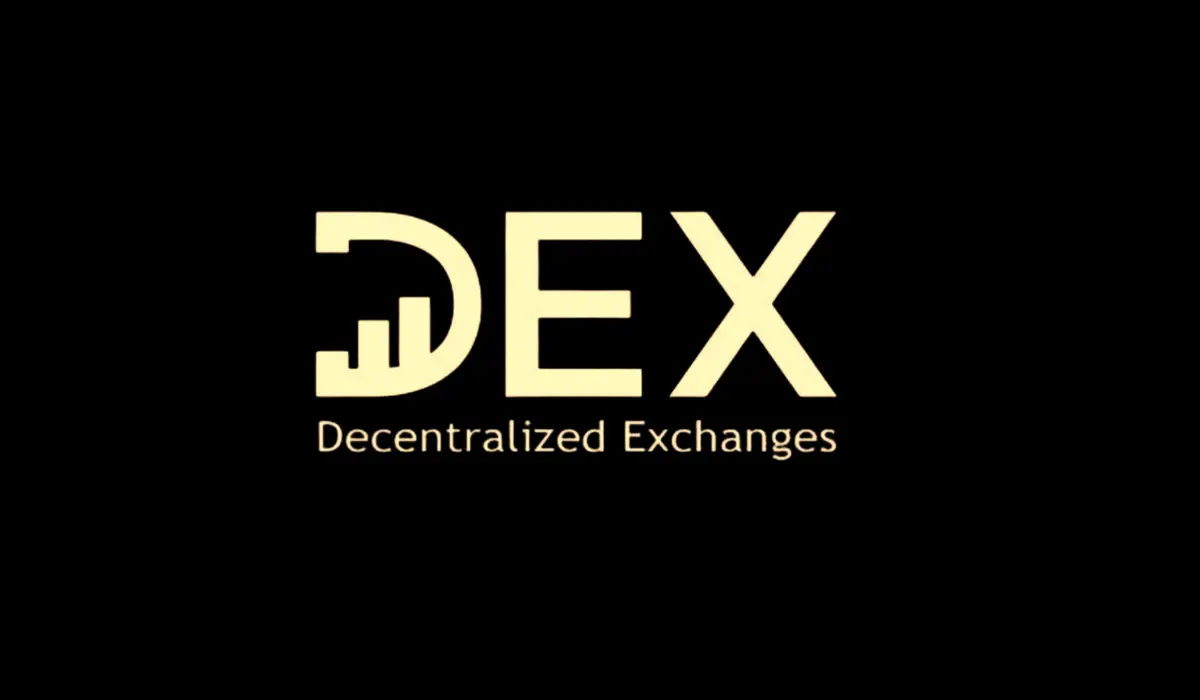What is a DEX? List of the Best Decentralized Exchanges

Planning to invest in the crypto market? You might have come across terms like decentralized exchanges or DEX.
Such terms can be confusing, but it’s important to understand how such exchanges function. Grasping their core features, benefits, and associated risks empowers you to make wise investment decisions.
In the article, we will delve deeper into the features of DEX. And go through a list of the top crypto decentralized exchanges, and a brief overview of the five top DEXs.
What is a DEX?
Crypto exchanges are platforms where crypto assets are exchanged. Such platforms are classified into centralized and decentralized. The classification is generally based on control and custody of finds.
Decentralized exchanges, or DEX, are crypto exchanges where there is no intermediary between the crypto transactions. Here, peer exchanges occur without any centralized control. Learn more about types of crypto exchanges.
Here are the key features of the DEX.
- The control is distributed.
- The custody of the fund remains with the user.
- Generally have a wide range of cryptocurrencies
- Offers higher privacy
Decentralized crypto exchanges are more popular among experienced traders. Beginners can also try DEX, as many such platforms offer educational and research material.
Some of the most popular Decentralized Exchanges include Uniswap, PancakeSwap, dYdX, Curve Finance, and Aerodrome.
List of 15 Popular Exchanges
- Uniswap
- PancakeSwap
- SushiSwap
- Curve Finance
- Balancer
- 1inch Network
- dYdX
- Raydium
- Orca
- Jupiter
- ApeSwap
- DODO
- KyberSwap
- IDEX
- Aerodrome Finance
5 Most Popular Decentralized Exchanges
Here is a brief overview of the five top DEXs to help you make well-informed decisions regarding crypto investments.
- Uniswap
Known especially for ERC-20 tokens, Uniswap is a pioneer in Automated Market Maker (AMM). The exchange runs on an Ethereum-based blockchain. Polygon and Arbitrum networks are also available. It was established in 2018.
The v3 update from Uniswap allows concentration of liquidity. Uniswap is particularly popular among experienced traders. The platform is very suitable for high-volume trading. The platform issues the UNI governance token.
Token holders can influence governance decisions, including changes in the fee structure or in the governance protocol.
- PancakeSwap
PancakeSwap is another sought-after decentralized crypto exchange due to the multitude of services it offers. The platform began its operations in 2020. It has token swaps, yield farming, and staking. Additionally, it also trades in NFTs.
Renowned for its user-friendliness, the native coin of PancakeSwap is Cake. Operates on BNB Chain. Offers low fees but faster transactions.
- dYdX
dYdX operates on a Cosmos-based blockchain. It was established back in 2017. The platform is known for perpetual trading. It is known for high performance even when trading in large volumes. dYdX is considered best for professional trading.
DYDX token is the native coin of the platform. The holders of governance tokens can vote on key decisions. Based on the trading activities, investors have opportunities to get governance tokens. Initially, the exchange was built on Ethereum Layer 1 and StarkWare Layer 2. Later migrated to high-performing dYdX Chain (v4).
4. Curve Finance
Curve Finance is most suitable for trading in stablecoins. Stablecoins are cryptocurrencies that are pegged to real assets or fiat money.
Its StableSwap algorithm is designed to avoid slippage. The exchange was launched back in 2020.
5. Aerodrome
Created by Coinbase in 2023, it’s an efficient automated market maker (AMM) platform. It’s built on a layer 2 blockchain. The exchange has concentrated liquidity pools. The hub called Slipstream ensures low slippage.
The exchange has two tokens, including both utility and governance coins. The exchange is linked to the Coinbase app for seamless operations. Best for high-volume trading and scalability.
You can read more about the risks of decentralized finance from the DC Department of Insurance, Securities, and Banking. The Library of Congress also provides a detailed overview of cryptocurrency and blockchain technology that can help investors understand the broader ecosystem.
Final Thoughts
Decentralized exchanges provide full control over user funds. The one suitable for you depends on several factors, such as supported network, tokens, liquidity, slippage, fees, and security architecture. In addition to conventional services, some also deliver extra services such as yield farming, lending, and more.
Despite the gains, the DEXs also carry certain risks, including smart contract vulnerabilities, user error, temporary losses, and lower liquidity. The investors also need to be wary of rug pulls.
If you exercise caution, it is possible to avoid associated risks. Adhering to a secure wallet and choosing reputable platforms is crucial. Also, stay updated about the latest developments in the cryptocurrency world.
For tax and compliance considerations, check the IRS guidance on virtual currency transactions and the U.S. Treasury’s assessment of illicit finance risks in DeFi.
Crypto & Blockchain Expert
